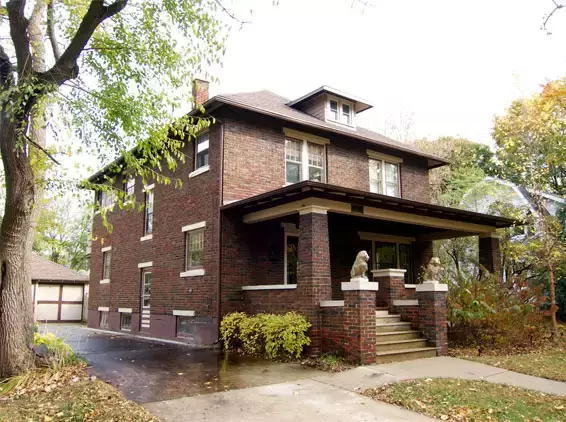Avoid Foreclosure With a Short Sale
Financial hardships happen. They’re simply a part of life, unfortunately. When they occur and you fall behind on your mortgage, you need to know your options.
Forclosure
Foreclosure is the process of losing your home due to the payments not being made. This is an extreme measure taken by the lender to attempt to recover their lost investment. It terminates all the homeowner’s rights covered by a mortgage and makes the lender the absolute owner.
The lender may file a Lis Pendes, which is a notice that begins the foreclosure process. If this is filed, the homeowner is required to appear in court to answer the charges. The homeowner may ask for an extension, which may or may not be granted. If no extension is granted, the last phase of the foreclosure process starts: the Auction phase.
The entire foreclosure process may take 120+ days from the first missed payment until the completion of the foreclosure. Acting quickly is the best remedy against this drastic legal remedy. A foreclosure can destroy your credit score as well and take a hefty emotional toll on you and your family.
Short Sale
One powerful way to avoid a foreclosure is a “short sale”.
Before the foreclosure process begins, you have the option of looking into a short sale of the home. A short sale is a much better option for your credit, and whereas a foreclosure can prevent you from being able to buy a home for 7 years, a short sale may only hinder your buying power for 3 years.
Basically, a short sale is owing more money on the property than it’s currently worth, and being approved by the mortgage company to sell the home for market value, even if it is less than is owed. Typically, the property is required to be placed on the market and you must have a documented financial hardship to qualify. The legal definition of a “hardship” is a tangible change in the stability of your finances from the date of the initial loan to present. Examples are job loss, divorce, excessive debt, etc.
Documentation will need to be provided to prove hardship and that mortgage payments can no longer be made. Once this has been reviewed and approved by the lender, they can agree to move forward with the short sale process.
The property must be listed for sale in the MLS. A line of communication will begin between all involved parties (lender, agent, homeowner). Offers are received and given to the homeowner for review and signing and then submitted to the lender.
If the offer is accepted, it is signed by the lender and a contract begins. After the lender accepts that offer and all documentation is complete and verified, they will inform the buyer that closing can begin. The title company will schedule the closing and the buyer can make final inspections on the home. The homeowner must now vacate the property and completely remove all belongings. Both buyer and homeowner will meet at the title company for the signing of the final paperwork and turning in of keys and remotes.
Depending on the difference between what is owed on the mortgage and what the home is sold for, the mortgage company may waive the balance. In some cases they may still pursue you for the difference, but at least the home can be sold free and clear and you can avoid foreclosure.
Never go through a foreclosure or short sale alone! Seek experienced and reputable representation to ensure your rights are always protected. We at Leslie Cain Realty are always here to help you navigate such a challenging process.




